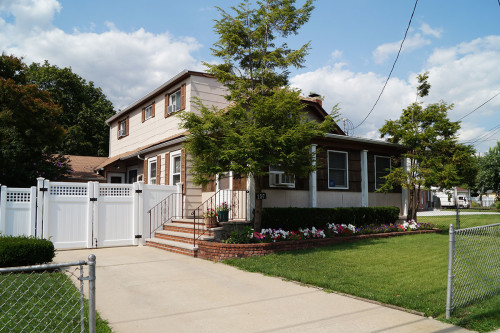What is Transitional Housing?
Transitional housing, also called supportive housing, is a community project or program that provides temporary housing. These homes are built to house and help vulnerable, marginalized populations that lack the money and resources to provide themselves with shelter and support.
Some groups of people that may benefit from transitional housing include the homeless, recovering addicts, domestic violence victims and formerly incarcerated individuals, among others. The residents will be offered not just a place to sleep and live but resources and support to get back on their feet.
How Transitional Housing Helps its Residents
Residents in transitional housing are given the opportunity to move forward and work toward a safer and happier life where they can provide for themselves. Some of the ways the community and the residents benefit from transitional housing include:
- Reduced crime: The in-need populations that become residents in transitional housing are often homeless, poor, or individuals who may have felt forced to commit crimes to survive. Providing them with a new home and support is an excellent way to empower and help re-insert them into society.
- Disease prevention: Being without proper shelter, food, and water can mean living in unsanitary conditions. Transitional housing provides a roof and access to clean water, fresh food, and hygienic products to reduce the spread of various illnesses in the community.
- New employees: One of the goals of transitional housing is to help residents find work that will provide them with a steady income, meaning that they will be provided with training, resume help, and more to help them become valuable employees to various businesses and institutions.
- Increased self-esteem: Transitional housing also helps its residents by allowing them to have more faith in themselves and purpose in their lives to move forward.
About Dismas House
Dismas House is a Long Island transitional house created by The Society of St. Vincent de Paul to help those that have been formerly incarcerated. Dismas House is a safe and supportive environment that is structured to address the needs of this marginalized population. Through a compilation of on-site and outsourced rehabilitation and supportive services, residents develop the skills and motivations required to achieve independence while acclimating to society. The length of stay to achieve stability will depend on individual needs.
Are you looking to support a Long Island charitable organization? Consider donating your time or money to the Society of St. Vincent de Paul.
The Society of St. Vincent de Paul has been helping Long Islanders for more than 70 years in a multitude of ways; no work of charity is foreign to the society.
We provide financial and material assistance, along with emotional and spiritual comfort, to help people facing all sorts of challenges. Although affiliated with the Catholic Church, the Society of St. Vincent de Paul helps anyone in need, regardless of race, religion, age, or citizenship status.
Get in contact with us and learn more about how we help our community, how to donate, and our volunteer opportunities on our website.



